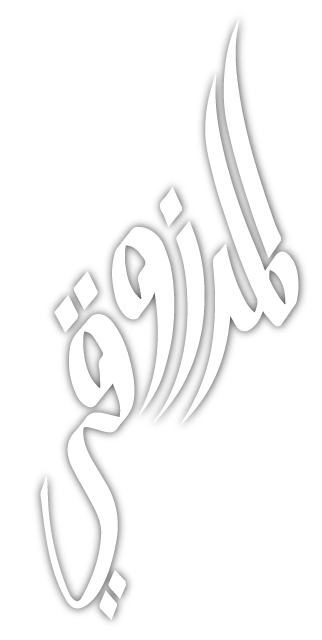US –African summit – Washington –sept 2014
Mr President,
Ladies and Gentlemen,
For the past two years and a half since I have represented Tunisia in international summits, I have regularly included in the official delegation two young students who have distinguished themselves for their outstanding academic achievement. A lot of them had never left Tunisia nor boarded a plane.
Two of them are actually present here at this summit, and have followed it with a lot of interest and excitement.
My goal was to encourage these brilliant students, and to show them how the State functions, and also to find out more about their expectations and hopes.
Before I came here, I gathered all the 16 students who have taken part in this program to brainstorm with them. I asked them what, according to them, governing means, and informed them that this would be one of the themes of the Summit that President Obama and African Leaders were organizing.
On the basis of this brainstorming session, but also of the numerous conversations I have had with other young people, notably in my own cabinet, where the average age is 35, I drew a few simple conclusions.
- If we define as young the age group between eighteen and thirty-five, we find a group of people that does not differ much from the rest of the population. The same social, ideological, material divisions characterize this group as older generations. The same plurality of political preferences, from total indifference to militant or partisan engagement, are present in all the generations.
- The two main concerns of this age group, and this is no surprise, are, for the younger (from 18 to 25), the quality of education, and for the older (from 25 to 35), finding a rewarding and well-paid job.
- The youth does not see good governance in a fundamentally different way from the rest of the population. They too insist on the need to launch the economy, a fair distribution of national wealth, the protection of public and private liberties, in a word, the construction of a social and democratic state. Unfortunately the climate change problem is not well understood and the dangers ahead are not correctly estimated .
What then makes this age group so specific, and why does it have to be a privileged object of our policy ?
- It conveys the most vital energy and the strongest demand for change. Let me remind you that it was mainly the youth who took to the streets and ousted the dictatorship in 2010. The 300 martyrs and 2000 wounded that were caused by the revolution are primarily young people. It is this resource of energy for change that needs to be cultivated and valued in the construction of a social and democratic state.
- If we fail to acknowledge, regulate and reward this energy, it can be used against the revolution. Those who embark on the road of radicalization and terrorism out of despair are mainly young men.
- To entertain this flame requires the implementation of three perspectives.
The first one is to make Education and Employment the two priorities of any government who wants to stay in tune with the youth’s demands.
The second one supposes to promote young professionals at higher positions of responsibility, in order to insure as early as possible their integration in the process of decision-making.
The third condition, that seems to me the most important, concerns the responsibility of leaders in all fields, who should not simply give orders, but lead by example, in order to let the youth trust their institutions again.
Thank you very much.

